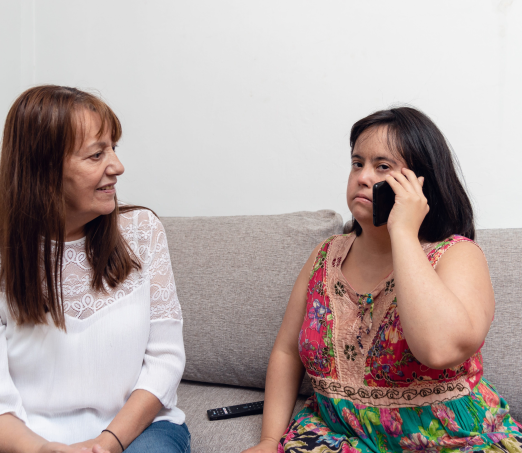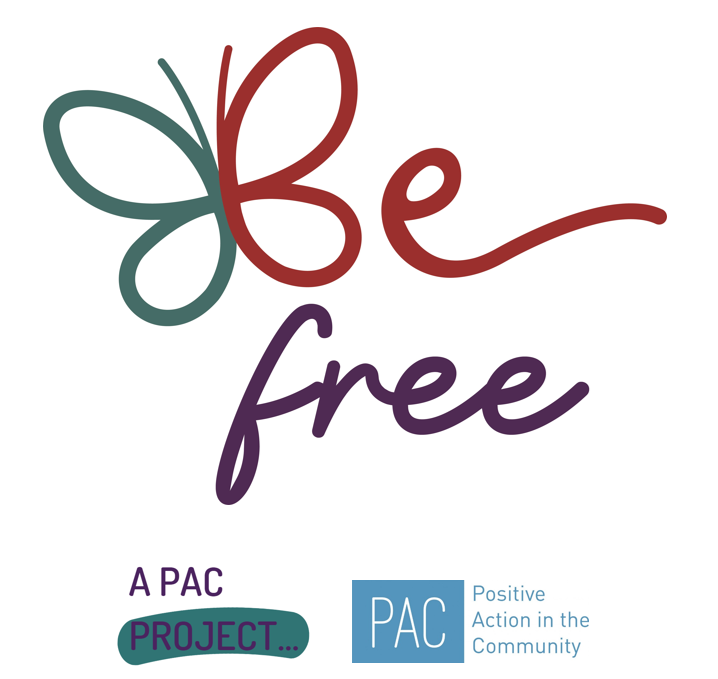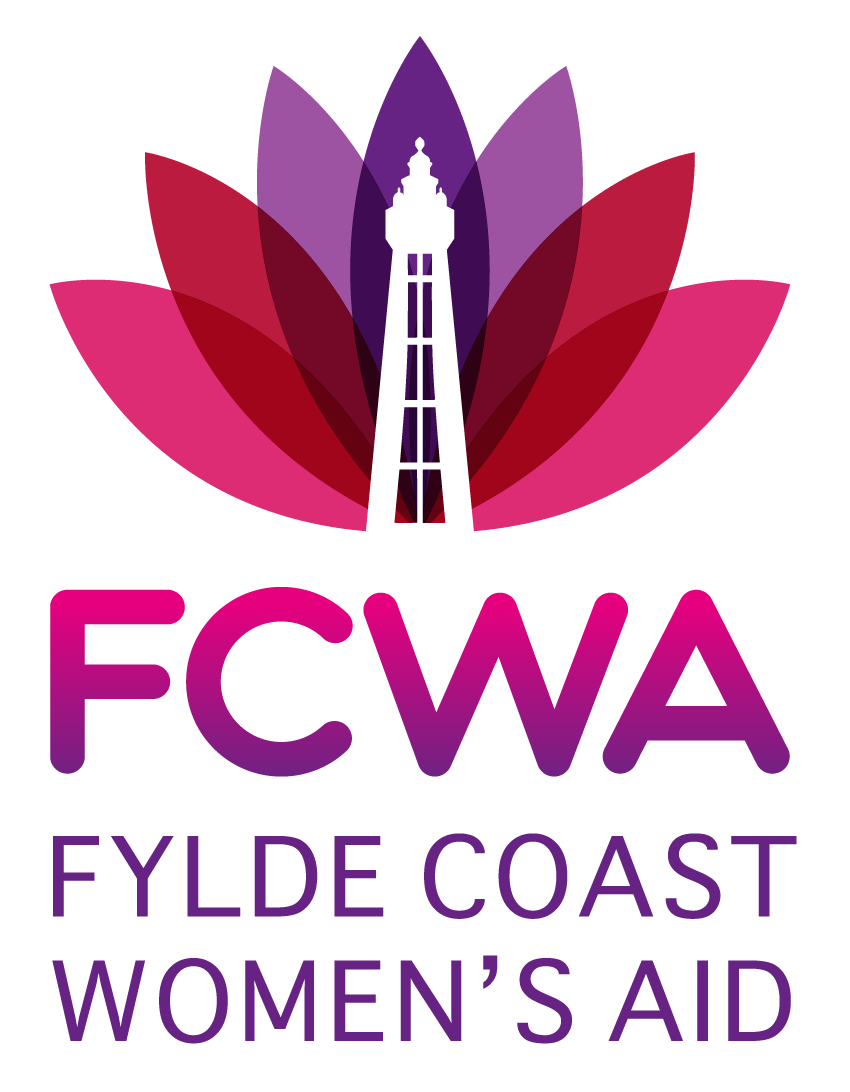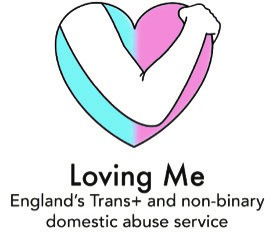
Someone I know needs help
If you know someone is experiencing abuse, whether it's a friend, a family member, a colleague or a neighbour, reach out to them. It may be the first time they have been supported or felt safe to share they are experiencing domestic abuse.


Someone I know needs help
If you are worried someone is experiencing abuse, there are some things you can do to support them. From creating a safe space to talk, keeping emergency bags of items for them and being a good listener, we've listed some ways to provide support below.
Ways to contact DASSL domestic abuse services
Call 0300 3033 581 for free
For immediate support, call us now. We're available 24 hours a day, 365 days a year.
contact@dassl.org.uk
Please note that this email is operated 9am to 5pm Monday to Friday and outside these times you may not receive an immediate response.
Live Chat
You can access our live chat service every day during three dedicated timeslots: 10am – 12pm, 2pm – 4pm and 8pm – 10pm, access from our home page
Languages
If you need help in another language, we have a multi-lingual staff team with many languages or we can arrange for an interrupter. You can also access the Women’s Aid Survivors Handbook , which is available in various languages.
Find the support you need in your local area
Click on your local area or type in the name of your town to find the nearest support available to you.
Safenet supports victim-survivors of domestic abuse through safe accommodation and support services.
We pro-actively work to prevent further harm, offering inclusive, non-judgemental trauma informed services to women, children and men and individuals who are trans and non-binary inclusive. We have support in all our services for children and young people, ethnic minorities, migrant survivors and survivors with sensory/physical disabilities.
We deliver safe accommodation and community-based services in Burnley, Pendle, Preston and Lancaster, including 24 hour staffed refuge, safehouses and specialist refuges for those with additional multiple needs. As well as refuges and safe accommodation, we provide Community Outreach Services in Burnley, Preston and Lancaster, as well as Healthy Relationships Programmes in Lancashire Schools.
We accept referrals nationwide and this can be self-referral or by a supporting referral agency.
We understand that living with domestic abuse has serious, life-changing impact on all aspects of life, especially health and wellbeing. Our domestic abuse practitioners will support you and help you regain control of your safety, health and happiness.
Get in touch with Safenet
If you are experiencing abuse from a partner, former partner or family member, we are here for you.
We provide specialist support that helps to explore your options and choices to improve your level of safety and emotional wellbeing. We provide community support for those living in Pendle and Rossendale and also provide safe accommodation for those that need a safe place to stay. Together, we can help shape a future that you deserve.
You can choose the types of support you want to engage in, our support is directed by you - we are here to walk alongside you on your journey.
We offer confidential support to adults and children. Support can be accessed anonymously if you are not ready to share your personal information.
Get in touch with Pac & Be Free
If you are suffering from abuse at home or you know someone who is Key can help. We can offer safe accommodation if needed along with support, guidance, and practical help to build a better life and a brighter future.
We also provide a community outreach service to people who have experienced domestic abuse. The support we provide is person led and trauma informed to help people to be safer, more independent and free from abuse.
We work with all victims and survivors aged 16 or over in the South Ribble and Chorley areas.
Our support includes helping you feel safe in your own home or assisting you to find alternative accommodation. We also provide support with benefit applications, safety planning and ongoing legal and court support. We offer practical and emotional support to help you feel valued and maximise your independence Support can be in any safe space in the home or in the community.
Get in touch with Key
Get in touch with Harv
FCWA is a specialist domestic violence and abuse charity operating across Blackpool, Fylde and Wyre. FCWA works towards a mission to help individuals to 'live their lives free from abuse', providing a holistic 24 hour responsive service with three main areas of provision:
1. Safe temporary accommodation – 3 refuges, providing safe accommodation for up to twelve women and their children.
2. Community based services covering all levels of risk: a team of Independent Domestic Violence Advisors (IDVAs) including a Male IDVA, two multiple disadvantage advocates, an IRISi worker and a Drive practitioner; and a team of outreach workers delivering group programmes, facilitating peer support groups and providing one-to-one support.
3. Children and Young People’s services SafeHaven. Includes work around healthy relationships and child sexual exploitation.
FCWA holds two national quality mark standards: Women’s Aid Standards and SafeLives Leading Lights accreditation. FCWA has a dedicated helpline and hosts regular training events to support local organisations.
Get in touch with FCWA
Are you worried about your relationship or your safety? Have you previously experienced domestic abuse? Or do you have family or friends that may be experiencing abuse? Please get in contact, our staff are non-judgemental and can support you by offering a safe space where you feel listened to and valued.
We have been providing support for over 35 years for women, men and children affected by domestic abuse. We provide a supportive and inclusive environment and can work with you to offer you the support that you need at a time and place that is right for you.
Our women only safe accommodation can provide you and your children a safe place to stay. Our Outreach team can support in your own home, community setting or within our Information Centre. We have a 24-hour helpline, counselling service and can support you to get legal, housing or financial advice. Our staff will offer you practical and emotional support and work with you to discuss your options.
Get in touch with the Liberty Centre
Loving Me provides specialist one-to-one support by qualified and experienced Independent Domestic Violence Advisors (IDVAs) who also identify as Transgender, Non-Binary and Gender Queer, so understand the nuances of being trans+ as well as the fears that may come with reporting abuse.
Get in touch with the EDC & Loving Me
You deserve a life free from abuse, violence and exploitation.
Call 0300 3033 581 for free
For immediate support, call us now. We're available 24 hours a day, 365 days a year.
contact@dassl.org.uk
Please note that this email is operated 9am to 5pm Monday to Friday and outside these times you may not receive an immediate response.
Live Chat
You can access our live chat service every day during three dedicated timeslots: 10am – 12pm, 2pm – 4pm and 8pm – 10pm, access from our home page







